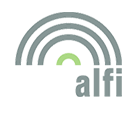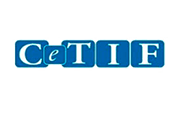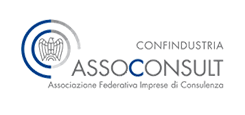Navigating the Digital Age: The Role of Accessibility
by Fabio Vitiello

In the digital age, web content accessibility has become a priority not only from an ethical standpoint but also a legal one. This is particularly true in the financial services sector, where millions of people rely on online platforms to manage their finances. The growing dependence on digital services has led to increased attention to the importance of ensuring that such services are accessible to everyone, regardless of their physical or cognitive abilities.
The WCAG: A Global Standard for Web Accessibility
The Web Content Accessibility Guidelines (WCAG), developed by the World Wide Web Consortium (W3C), represent the standard for web content accessibility. These guidelines were created with the aim of providing equal and fair access to web content for all users, including those with disabilities.
Adoption of the WCAG in Italy
In Italy, the importance of web accessibility was first recognized with the Stanca Law of 2004, focusing on Public Administrations. Decree-law 76/2020 then extended the related obligations to the private sector, initially only for companies with a turnover exceeding 500 millions euros, and then, from 2025, to all private companies without distinction.
Risks and Opportunities for Financial Companies
But what does all this mean for companies operating in the financial services sector?
On the one hand, there is an undeniable risk of legal sanctions and/or reputational damage in case of non-compliance with regulations. On the other hand, complying with the WCAG offers an unprecedented opportunity: companies that adopt a proactive approach to accessibility will not only reach a wider audience but also improve the overall experience of their users and potential customers.
The Four Pillars of the WCAG
The WCAG describes in four words how any web content should be characterized:
- Perceivable: Information must be presented so that users can easily understand it.
- Operable: User interface components and navigation must ensure that every function is easily usable.
- Understandable: The content must convey clear and intuitive information.
- Robust: The content must be structured solidly, ensuring correct interpretation across various tools and platforms, including assistive technology devices.
Accessibility as a Key to Success in the Financial Sector
These principles emphasize that, in addition to meeting legal obligations, compliance with the WCAG is also a matter of good business practices. A website that is perceivable, operable, understandable, and robust will not only be more accessible to people with disabilities but will also offer a better user experience for everyone.
At Parva, we deal with these issues daily. We know that there is no standard solution for compliance with the WCAG, as each company in the financial services sector has its own specific digital reality. Some may already be in line with some WCAG recommendations, while others may be at the beginning of their journey.
But one thing is certain: now more than ever, companies in the financial services sector must recognize the importance of digital accessibility and act accordingly. This is the time for companies to act to ensure that their services are truly open to everyone.
Are you already doing it?
Share this article:

Market Data: what they are and why it is important to know how to manage them

Best Wishes

Blockchain: a real revolution?










